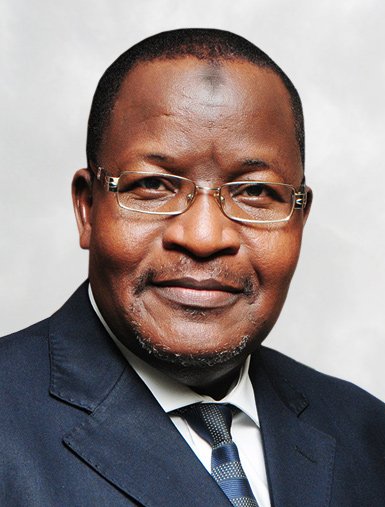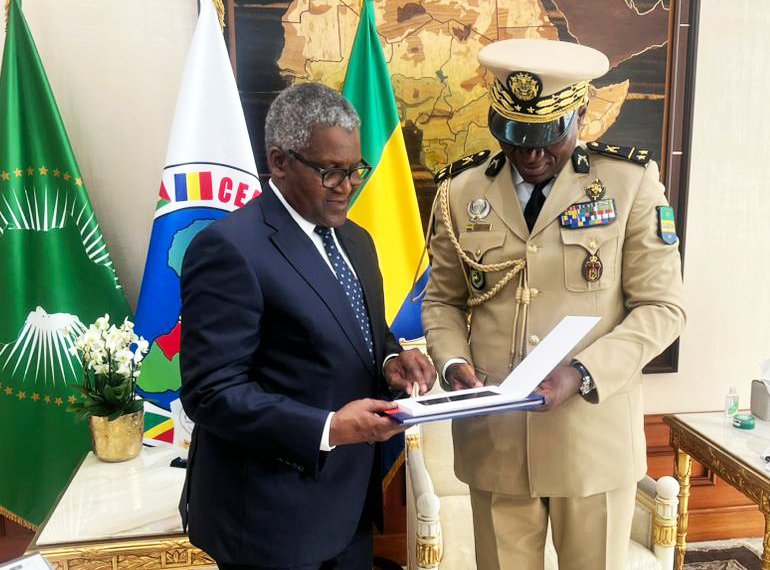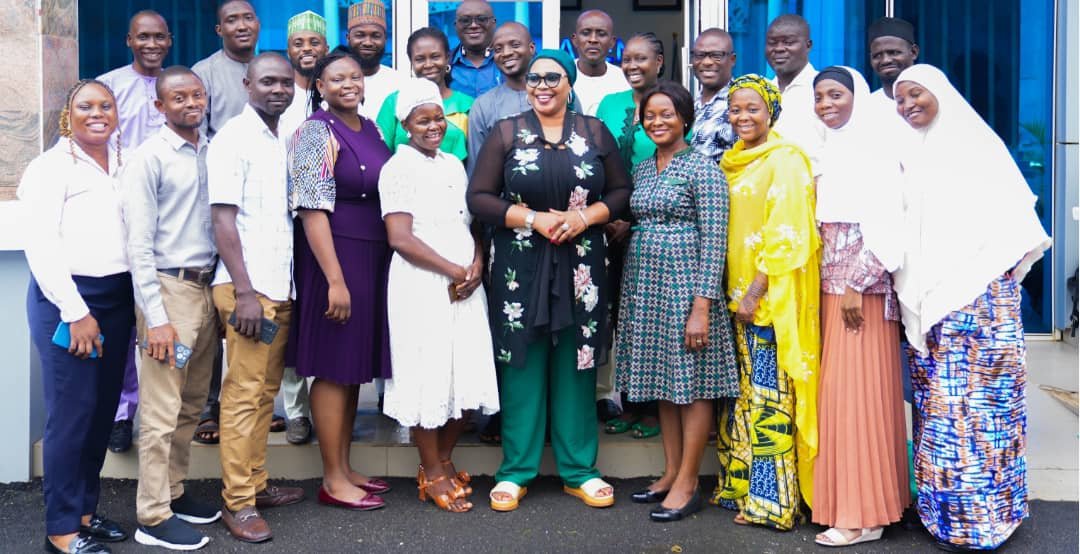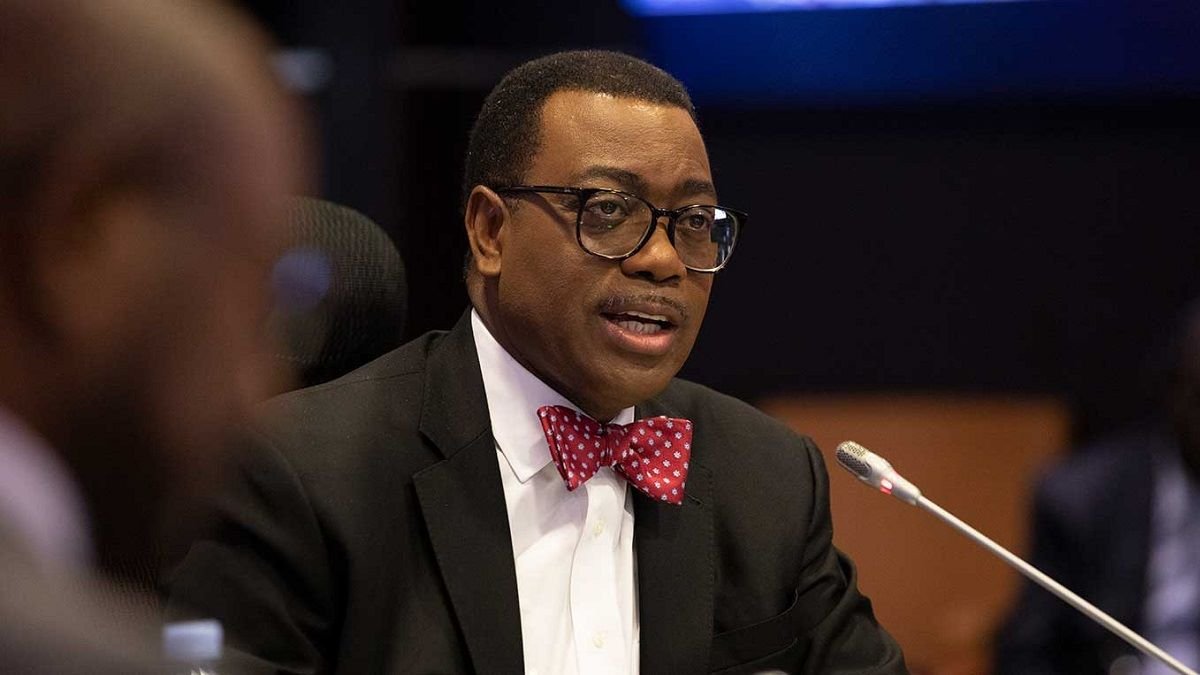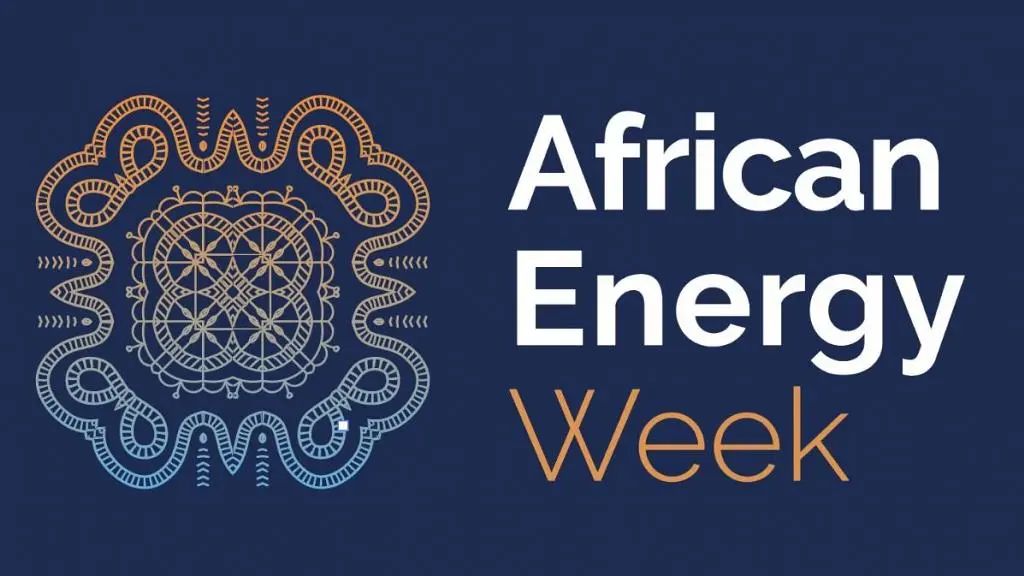Women pivotal to socio-economic development and bridging digital divide- Danbatta
The Executive Vice Chairman (EVC) of the Nigerian Communications Commission (NCC), Prof. Umar Garba Danbatta, has emphasized the important role played by women in the country’s socio-economic and political space while underscoring the need to empower them in Information and Communication Technology (ICT) as an enabler for social change.
Danbatta stated this while delivering a goodwill message at a webinar organized by Zinari Communications Limited with the theme: “Mainstreaming Rural Women Enterprise Development into Digital Economy Initiative: The Opportunities, Strategies and Constraints,” which held on Tuesday, February 16, 2021.
According to Danbatta, who was represented by the Head, Online Media and Special Publication, NCC, Grace Ojougboh, there is no doubt that women have been historically central to the socio-economic and political development of any nation and stressed the need for nations to focus more on how ICT can be leveraged for increased empowerment for women.
He said: “There has been a general concern that unless the gender divide between men and women is specifically addressed, there is a risk that ICT may worsen existing inequalities between women and men which could create new forms of inequality.
“However, if the gender dimensions of ICT in terms of access and use, capacity-building opportunities, employment, and potential for empowerment are explicitly identified and addressed, ICT can be a powerful catalyst for political, economic, and social empowerment of women, and the promotion of gender equality.”
He advocated increased collaboration between public and private-sector stakeholders toward advancing gender equality and women empowerment, notably by encouraging young women and girls to pursue studies and careers in science, technology, engineering, and mathematics (STEM).
The EVC said the Commission will continue to play a front-seat role in driving the implementation of the National Digital Economy Policy and Strategy document (NDEPS), 2020-2030; the Nigeria National Broadband Plan (NNBP), 2020-2025, and similar policies aimed at increased connectivity to all the citizens to bridge gender digital disparity.
Danbatta said the Commission constantly provides the necessary infrastructure that will guarantee ubiquitous access to telecoms services through the implementation of these policies while listing other initiatives undertaken by the Universal Service Provision Fund (USPF), all aimed at boosting connectivity and provision of ICT tools among citizens, regardless of gender, across the length and breadth of Nigeria. He listed the initiatives to include the Community Resource centers (CRS), School Knowledge Centers (SKC), E-accessibility projects, among others.
“There is no doubt that these efforts will facilitate the development of a vibrant digital ecosystem where rural women can play very important roles in our socio-economic and political space,” he added.


